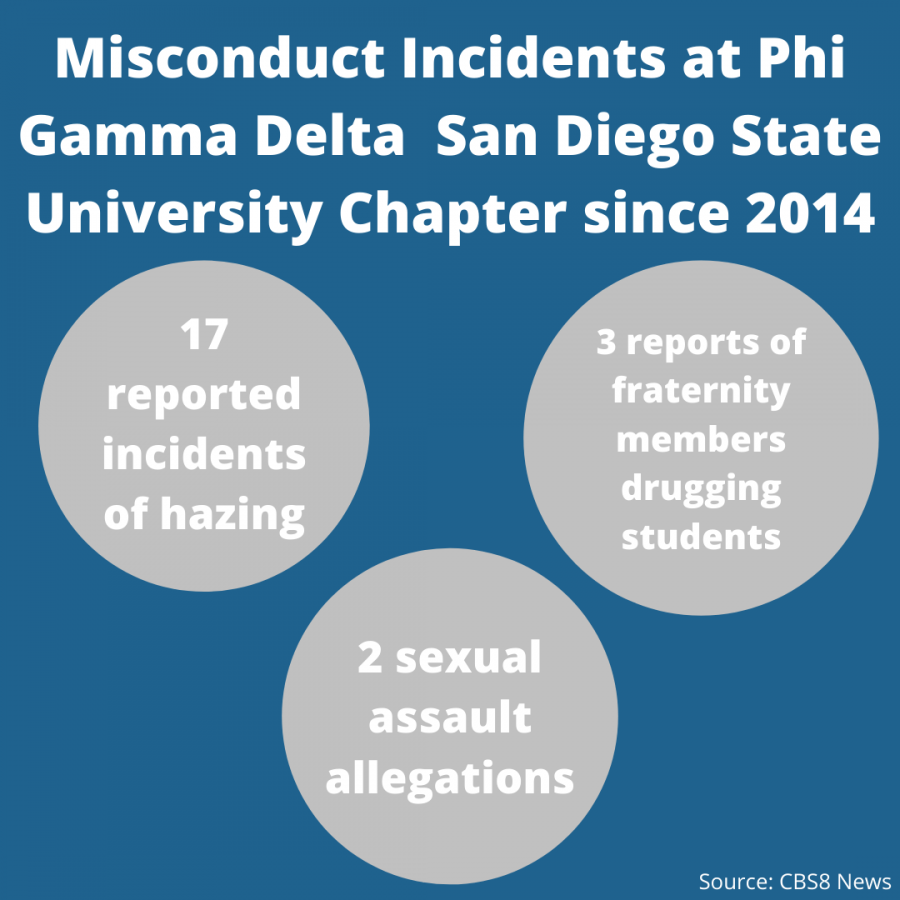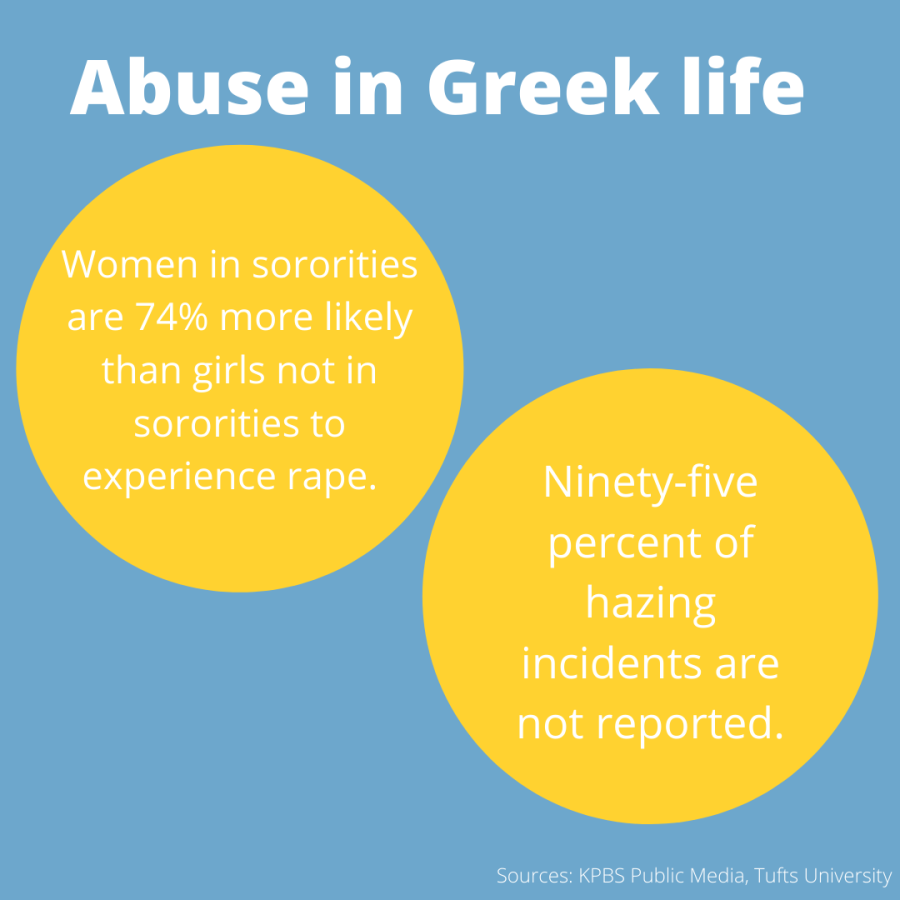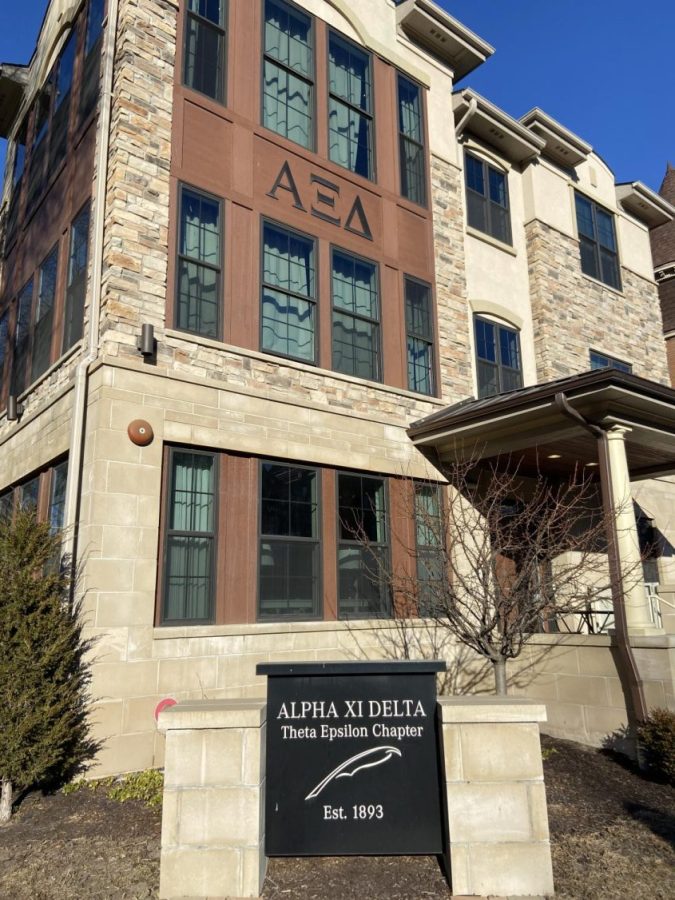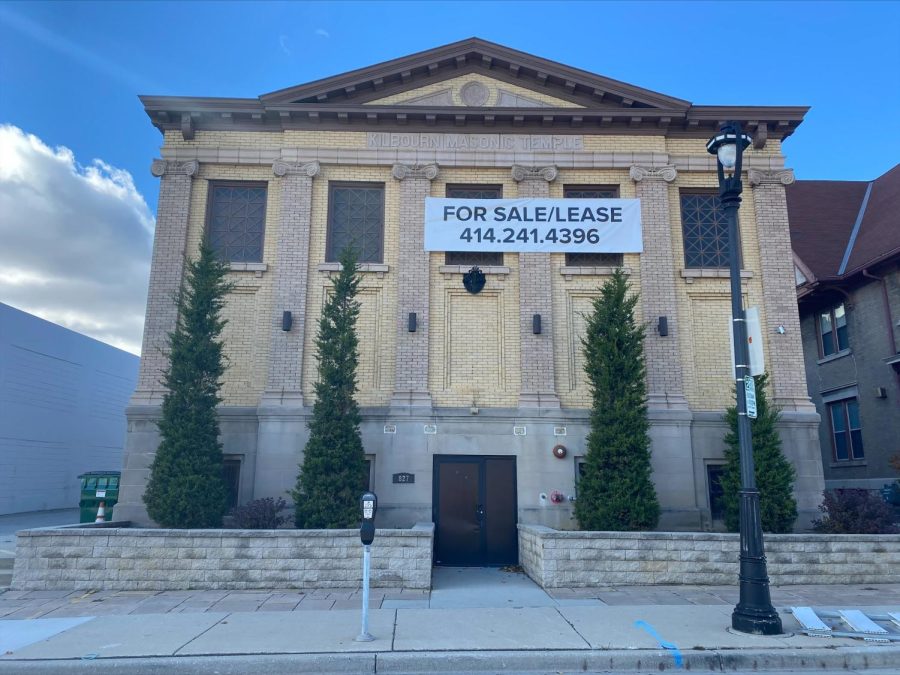One of the most prominent experiences of universities and colleges across the United States is joining Greek life. According to Top Universities, there are over 1,500 sororities and fraternities in the nation. While allure of these programs include strong friendships, community service experience and luxury living spaces for college students, there are considerable drawbacks to joining Greek life, including at Marquette.
For a long time, there have been instances surrounding sororities and fraternities that cloud their sunny reputation. What people see on Instagram may be a lot of smiley new college students posting photos of themselves with their fellow “brothers” and “sisters.” But what people don’t see are the less charming aspects. According to the Doan Law Firm, in the second quarter of 2018 alone, 44 fraternities were suspended at various schools for instances of misconduct or criminal activity.
Recently, a very grim incident occurred at the fraternity Phi Gamma Delta chapter at the University of Nebraska-Lincoln.
This fraternity had a long history of inappropriate conduct and sexual harassment. On the first night of classes, a member of Phi Gamma Delta allegedly sexually assaulted a minor. A 17-year-old girl had gone to a party with a friend and was assaulted by a 19-year-old member of the fraternity who then proceeded to leave her out on the lawn of the fraternity house, injured and bleeding. Following this incident, a petition has been circulating with more than 291,700 signatures stating that the fraternity should be banned from the campus indefinitely on the grounds that their members have now sexually assaulted 13 women.
Unfortunately, what happened at the University of Nebraska-Lincoln is far from an isolated incident. Many colleges grapple with incidents of intense hazing, inappropriate sexual behavior and alcohol abuse. For example, San Diego State University had a severe incident involving their own Phi Gamma Delta fraternity in 2020. Dylan Hernandez, a 19-year-old student new to college, died following a fraternity ceremony with a blood alcohol level of about 0.23% which is nearly three times the legal limit in California. This chapter of the fraternity was also not without its own alleged sexual assault incidents. In addition to 17 reports of hazing and three reports of fraternity members drugging party guests, the fraternity also had two sexual assault allegations since 2014.
Marquette has also experienced trouble with their own Greek life. In 2014, three fraternities were investigated for allegations of sexual misconduct. Triangle Fraternity, Delta Chi and Sigma Delta were all issued warnings on the grounds of sexual misconduct. Sigma Phi Delta was also warned over an alleged hazing incident at this same time. There were not many details made public regarding the incidents, but the groups were all required to go through sexual misconduct prevention training.
Multiple Greek organizations at Marquette were also put on probation in 2018, including Kappa Sigma Fraternity, Triangle Fraternity, Kappa Delta Sorority, Alpha Xi Delta Sorority and Delta Chi Fraternity for violating alcohol-related policies.
Making an appearance in the 2020 school year was a new concern for Greek life: COVID-19. As can be expected, fraternities and sororities with a lot of students living in one house can be a high-risk situation for the virus to spread.
Sorority and fraternity houses have acted as virus clusters during the last two school years. University of Alabama-Tuscaloosa had more than 500 COVID-19 cases Aug. 26, 2020. This was just the start of the school year and many of the cases were attributed to gatherings in bars and among Greek life organizations. At the University of North Carolina-Chapel Hill, in-person classes were abruptly called off shortly after beginning due to four COVID-19 clusters being identified in student housing facilities, one of these being a Sigma Nu fraternity. Fortunately, there has not been a high cluster of reported COVID-19 cases from sororities and fraternities at Marquette this year.
This school year, the COVID-19 cases will likely vary by school. For example, at Marquette nearly 92% of students have turned in proof of vaccination, and the university is requiring face masks in indoor spaces, which will help to prevent the spread of COVID-19.
Greek life, specifically fraternity organizations, must have more restrictions. If an incident of hazing results in death or permanent injury with sufficient evidence that it was caused by actions of fraternity or sorority members, that organization should not be allowed to be active on that campus. Sexual misconduct should be punished more harshly and an organization that has multiple incidents should also be shut down. The priority in every incident of sexual assault or hazing should always be to hear and protect the survivor, take action and educate students.
There should not be third or fourth chances for Greek life organizations that pose a serious threat to other students or actively exclude students unwilling to participate in dangerous activities. In addition, the disregard for a pandemic that has taken the lives of over 643,000 Americans is unacceptable. Universities and colleges across the U.S. must take more action when a sorority or fraternity commits a crime because without accountability, there is no safety. Marquette and other universities must strive to protect and care for all students. Accountability for Greek life organizations must continue to uphold these values and ensure that all students can feel safe and comfortable.
This story was written by Grace Cady. She can be reached at grace.cady@marquette.edu











